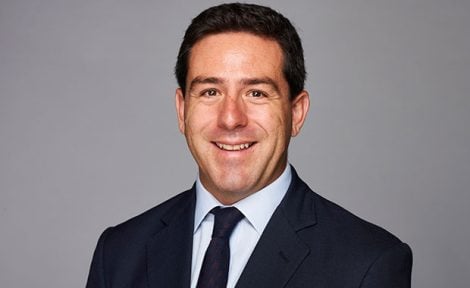BLOG: Will home movers ever widely adopt Open Banking?
AML platform chief, Harriet Holmes, says widespread misconceptions about the technology mean many home movers are reluctant to sign up.

In a sea of misinformation, concerns about Open Banking are on the rise. Estate agents and conveyancers want to know whether this technology is a Pandora’s Box or a secure vault for financial data.
But, while some misconceptions are prevalent, Open Banking is a robust security measure and helps property professionals meet regulatory requirements.
What is it?
Open Banking is a system that allows consumers and businesses to share financial data with an authorised provider. When consumers use the tech to share their financial data, access is ‘read-only’, meaning the provider can only view the data, not control it. Through their bank’s mobile app or online banking, consumers grant permission.
All apps and services that use Open Banking are regulated by the Financial Conduct Authority. This means those apps and services must follow strict and stringent rules and standards to keep consumer data secure.
What are the concerns?
Despite this, our support team hear from many consumers that they are reluctant to use it as they don’t know what it is or understand how it works.
Consumers are often misinformed that it provides more data or information, leading them to view it as invasive.
This means property buyers and sellers may instead use traditional paper routes or email. However, sending information via email or post poses a higher risk, where statements may be tampered with or incepted during transit.
Are there any benefits?
Open Banking reduces the risk of any data breaches because of hacking and poor security. It also works to keep consumer data safe and protects firms against fraud and anti-money laundering.
First, secure data access and transmission: Open Banking uses secure and proven technologies and consumers will never be required to give access to their bank login details, PINs or passwords to anyone other than their bank.
Second, consumer-led access: the consumer chooses when, with whom, and for how long they have access to the data.
Third, one source of truth. Open Banking enables one-source of data truth. It allows multiple accounts to be linked together. It provides evidence that financial records are genuine and obtained from source.
Fourth, extra protection. The consumer’s bank account or building society refunds money if unauthorised payments are made. This is only applicable if the service utilises Open Banking for payments.
To help ensure estate agents and conveyancers are aware of these benefits, Thirdfort continues to update the materials we provide to our clients including a video explaining more.
Also, any agents or clients concerned can check that the provider requesting permission to use Open Banking is authorised by the FCA. This is before permitting that provider to view financial data. Agents and consumers can do that by checking the FCA Register or Open Banking Directory.
Harriet Holmes is AML Services Manager at client compliance platform Thirdfort
Read more about the tech and its challenges for the property industry.




